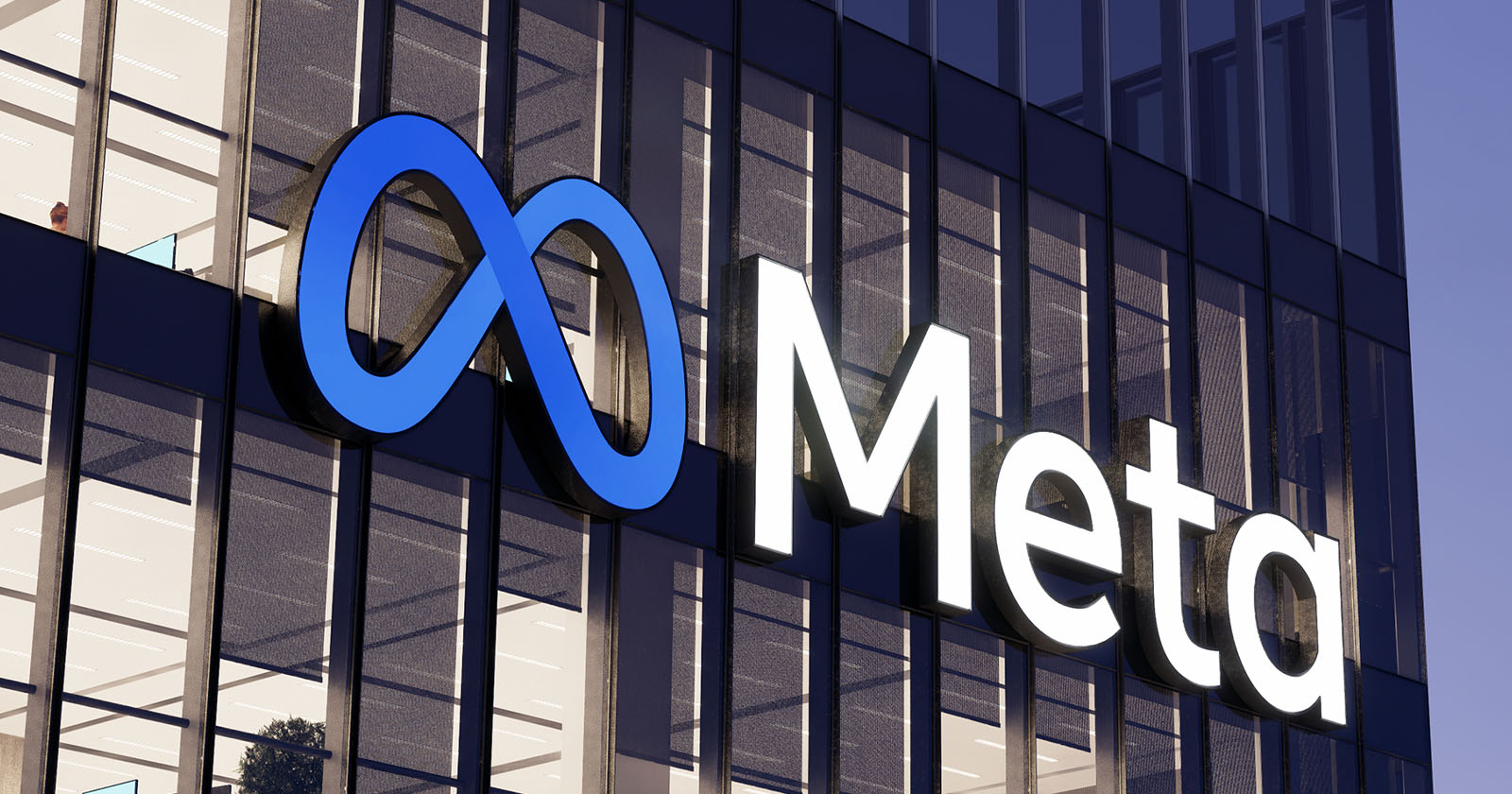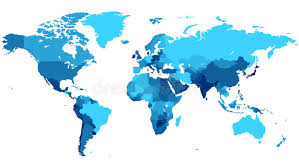The European Union has issued a staggering €798 million ($840 million) fine to Meta Platforms, marking one of the largest penalties imposed on the social media conglomerate to date. The European Commission announced that Meta breached EU antitrust regulations by coupling Facebook Marketplace with its flagship social network, Facebook, and for allegedly imposing trading terms that disadvantaged other classified ad services in the region. This ruling comes after years of scrutiny from European regulators regarding the competitive practices of major tech firms, underscoring the EU’s drive to enforce compliance among global technology leaders.
The Commission’s investigation, launched in June 2021, probed Meta’s approach to integrating Facebook Marketplace into Facebook’s platform, citing a “tying” of the two services as a key issue. By December 2022, the Commission formalized its concerns, alleging that Meta’s inclusion of Marketplace in Facebook provided the service with an unfair boost within the EU’s classified ads market. With Facebook Marketplace readily accessible to Facebook’s vast user network, competing online classified ad providers lack similar access to such a large, pre-existing audience, leaving them at a substantial disadvantage. According to the Commission, this integration constitutes anticompetitive behavior, impeding other platforms from competing on an even footing.
Meta, the parent company of Facebook, has announced its intention to appeal the ruling, arguing that Marketplace does not compel engagement from Facebook users, who can choose to opt-out of the service if they wish. The company contends that the EU’s interpretation disregards the voluntary nature of Marketplace usage, as many Facebook users do not use the service. Furthermore, Meta claims the EU has not demonstrated concrete evidence that Marketplace’s integration within Facebook caused tangible harm to competitors in the online classified ad sector.
Facebook Marketplace was introduced in 2016 as a community-oriented buying and selling platform and began expanding across Europe by 2017. Its presence within the Facebook app allows users to browse and post items for sale locally, which Meta argues adds convenience for users but does not equate to coercive participation. However, the European Commission contends that by incorporating Marketplace directly into Facebook, Meta effectively forces the service on European users, giving it a market position that is inherently unfair to other classified ad services.
This substantial fine marks a decisive statement by the European Commission, reiterating its commitment to holding tech giants accountable to antitrust laws that govern fair competition. Meta’s penalty could have further-reaching consequences, as EU antitrust violations carry the risk of fines amounting to as much as 10% of a company’s global revenue. This ruling highlights the EU’s efforts to rein in the market influence of major technology firms and create a more equitable competitive environment for smaller platforms. By challenging Meta’s bundling tactics, the EU has reinforced its stance against practices it views as restrictive to market competition, signaling a robust commitment to curbing monopolistic tendencies within the digital economy.






